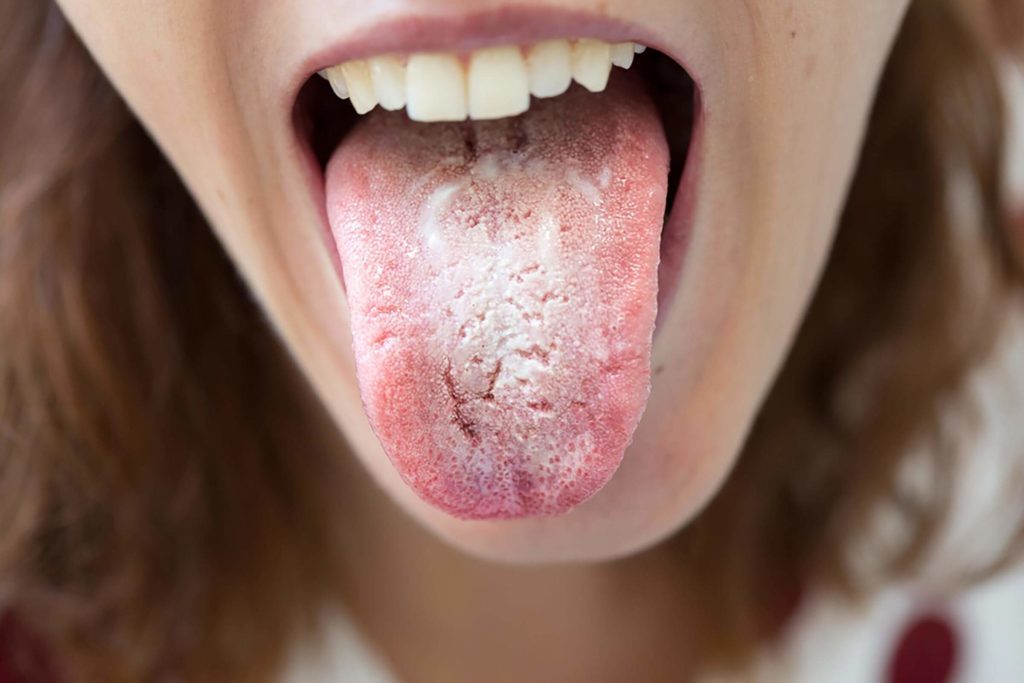
Do you notice that sometimes you worry too much about thing that won’t happen or feel anxious and tense the entire day for no apparent reason? Everyone goes through this sometimes and it’s normal. If this symptoms are very constant and affect your daily life, then you may be suffering from generalized anxiety disorder. This is always exhausting both physically and mentally. It will wear your body out and drain your energy and even affect your sleep. Sometimes you have the feeling of being on the verge of a nervous breakdown. The good thing is that you can break free from this and resume your normal life.
Unlike phobia where a thing or situation is connected to fear, GAD is diffuse. This means you have a feeling of unease, dread that dictates your whole life. Compared to a panic attack, general anxiety disorder is less intense but it lasts longer. This interferes with the normal life of a person and it’s almost impossible to relax.
Although people with GAD worry about the things everyone does, they take their worries to a new other level. They will overthink everything that happens or will happen to them. They sometimes find themselves worrying even about getting through the day.
The bad thing about this thoughts is that you can’t turn them off. They keep coming back and back. Sometimes you may realize you are worrying more than you should, but you end up worrying again.
Signs and symptoms of GAD
The generalized symptoms of the generalized anxiety disorder will fluctuate depending on the situation and time. Stress doesn’t cause GAD, but it worsens the situation. Not all people with GAD have the same symptoms, but most have a combination of the following physical symptoms.
Emotional symptoms of generalized anxiety disorder
- There are constant worries always running through your head
- You have the feeling you can’t control your anxiety. This means there is nothing you can do about the worry.
- You try to avoid things that make you anxious but you can’t. They just keep coming back.
- You cannot tolerate the uncertain. You want to know what will happen in the future
- You have a feeling of dread or apprehension.
Behavioral symptoms of generalized anxiety disorder
- You are unable to enjoy quiet time, relax or be by yourself
- You have a difficulty in focusing on things
- Tendency of putting things off when you have the feeling you are getting overwhelmed
- Try your best to avoid situations making you anxious
Physical symptoms of generalized anxiety disorder
- Feel tense; your muscles are tightened and your body aches
- You have a hard time trying to fall or staying asleep because the thoughts can’t leave your mind.
- Feeling restless, eddy or jumpy
- Nausea, diarrhea and stomach problems.
There are tips that can greatly help person suffering from GAD. These are;
Understanding worrying
The main symptom of generalized anxiety disorder is worrying too much. You first need to know what worrying really is. There is often the misperception that worrying comes from other people or events around you or even the difficult situations you are undergoing. This is not true since worrying is self-generated. The trigger may be external, but the dialogue happening internally will maintain the anxiety.
Practice relaxation techniques
Anxiety is the “fight or flight” reaction by the body to a perceived threat. You breath faster, your heart pounds, you feel light-headed and your muscle tense up. The complete opposite happens when your body is relaxed. It’s impossible to be both anxious and relaxed at the same time. Practicing relaxation will make you feel relaxed and you won’t be anxious in the entire period.
Learn to calm down quickly
People with GAD often times don’t know how to soothe themselves or how to calm down. The techniques of calming down is easy to learn and will play a great role in helping you control the symptoms.
Connect with others
The condition is worse in people who feel alone and powerless. When you are are connected to other people, you will feel less vulnerable. This will also improve your relationship with people. Talk it out to a family member or trusted friend when you are feeling anxious.
Change your lifestyle
When you have a healthy and a balanced lifestyle, you will have a better chance of avoiding anxiety. Eating unhealthy or irregular food will affect the blood sugar which lead to more anxiety and irritation. Get enough sleep, Avoid alcohol and exercise regularly



